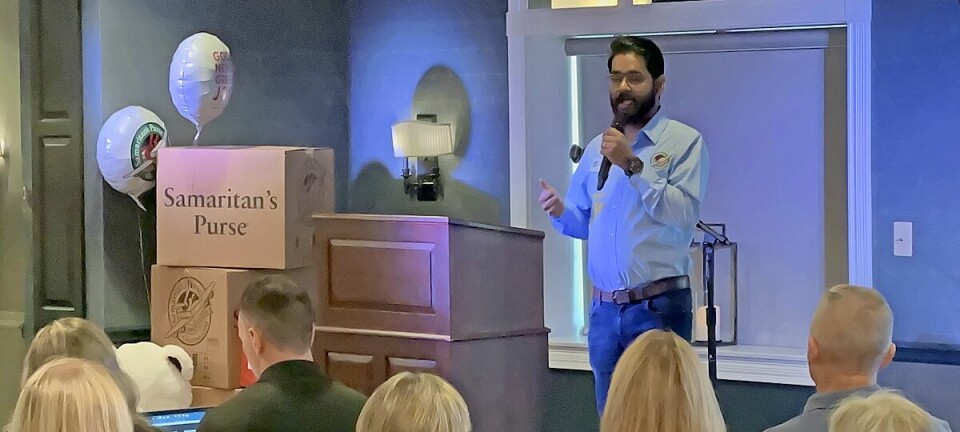County’s EZ Agreement plan working well

According to the exploratory committee designed to explore the success of Holmes County’s Enterprise Zone Agreement plan, everything the county hoped to accomplish through the plan is working as well as it could possibly hope.
The Holmes County commissioners discussed the tax incentive review plan for the county at its recent meeting in the Old Jail on Monday, March 18.
The Tax Incentive Review Council met regarding the ongoing Enterprise Zone Agreements in Holmes County on March 14, and according to commissioner chair Dave Hall, the review process went smoothly.
“This is a system of checks and balances that we conduct each year, and Mark Leininger (Holmes County director of economic development) has done a very good job of communicating with them and with us, and it has been a very successful program,” Hall said. “We appreciate his commitment and that of the TIRC committee.”
Based on the review of the agreements and company reports that must be filed to ensure each company is adhering to the regulations set forth in each individual agreement, the TIRC made recommendations regarding whether each agreement should be continued, terminated or modified.
The Holmes County Enterprise Zone Agreement list includes 38 currently active companies that are working toward growing their companies and meeting the requirements of their respective agreements, and there have been 50 companies that have applied for and been accepted into the program since its inception.
Hall said each of the participating companies has been notified of approval to continue forward with the regulations of their respective agreements.
He said there are several companies that have entered into an Enterprise Zone Agreement with the county that have not yet begun construction and aren’t being tracked data-wise.
The agreements include a 10-year, 50% tax reduction for each company, after which time they will begin paying full taxes. The Enterprise Zone Agreement format was designed to both attract and keep companies remaining and thriving in the county.
Leininger said the annual reviewing of each company’s progress in relation to their agreement is a critical step to ensure compliance to the agreed-upon metrics.
“When a company enters into an Enterprise Zone Agreement, they commit to creating jobs, making a capital investment and retaining jobs,” Leininger said. “Each year I contact the companies and ask them to complete a report to notify the TIRC of their process in meeting the metric commitments.”
Leininger said of the 38 projects the TIRC explored, eight of them are pending construction companies that have not yet received a benefit of the abatement.
“Their performance requirement has not yet been triggered,” Leininger said. “The recommendation of the TIRC was to continue all agreements.”
Weaver Leather’s agreement expired Dec. 31, 2023, which will be noted to the Ohio Department of Development.
In discussing the agreement program, commissioner Joe Miller said the State of Ohio continues to be heavily involved, but Holmes County will look after its own companies with high standards and approach each case with leniency when needed.
“First of all, these companies just came through a difficult pandemic,” Miller said, “inflation and things they couldn’t see coming, and Holmes County doesn’t want all of the regulations. We will not throw a company under the bus for not quite meeting their obligations right at that moment because there are already complications in the marketplace coming off the pandemic. That’s why Holmes County is successful. We don’t believe in all of the regulations that government does.”
Hall said the TIRC committee had representation from every angle of the county including government, auditor’s office, school district and township trustees.
“We have representation from everyone impacted by the success of these businesses,” Hall said. “So we have the community involved, and they all came to a 100% agreement. Moving forward, we have a great partnership through this plan, and we’re growing. We had nice, healthy discussion about where we’re at, and it’s a nice tool in the toolbox allowing our businesses to grow.”
Leininger said this is the most often used economic growth tool in the county, most of them businesses that started here, have grown here, provided many jobs and have invested heavily in their communities.
The commissioners also took no action in the hearing for a permit application request for a liquor license from County Fare Fine Fair Fare LLC. The license application is for a project currently taking place in Killbuck.
The commissioners passed a resolution appointing membership to the Mental Health & Recovery Board of Wayne and Holmes County.
Roger Estill expressed interest in the role and was accepted as the representative figure in said role. The term will expire July 1, 2028.
























